Company History
The Reuter Organ Company is located in Lawrence, Kansas, where it operated for over 80 years from its original location in the city's central business district. In 2001, Reuter built a new 78,000 square-foot corporate facility in Northwest Lawrence. Designed expressly for building pipe organs, this complex allowed historic traditions of instrument making to continue in a modern, efficient setting. In 2023, this building was sold and operations were scaled back to continue from a smaller, local shop specializing in repair and maintenance of existing instruments.
Company History
Adolph Reuter was born in Pomeroy, Ohio, in 1880. After working with his father was a carpenter and later repairing watches for a local jeweler, he began employment at the Barkhoff Organ Company at the age of 20. He proceeded to work for a number of American pipe organ builders over the next 16 years, eventually working his way to the level of shop superintendent. In 1917, he was joined by Earl Schwarz to establish the Reuter-Schwarz Organ Company and announced in The Diapason their goal "to put out an instrument second to none."
The company began operations in Trenton, Illinois, with six employees. Only one instrument was built in 1917: a two manual, eight stop organ for Trinity Episcopal Church in Mattoon, Illinois. After this instrument was completed and set up in the assembly room, it suffered severe damage when a tornado struck Trenton and blew out one factory wall. Guided by sound business practices from the very beginning, the Reuter Company carried insurance. A new instrument was built and installed with no financial loss for the firm or the church. The Mattoon organ remains in use today after more than 100 years of service.
In 1919, when an organ was commissioned for the Masonic Temple in Lawrence, Kansas, local business leaders urged the newly established firm to relocate to Lawrence. The invitation was accepted. A building that previously housed the Wilder Brothers Shirt Factory was renovated to become the company's new facility with the addition of a dry kiln freight elevator and a 48' high assembly room. Subsequent building projects included the construction of administrative and engineering space. A rail spur allowed for direct loading of completed organ components for shipment around the country. With the departure of Earl Schwarz soon after relocating, the firm was renamed the Reuter Organ Company.
The company prospered in the 1920s. Sales manager John Selig established an effective network of sales representatives. Henry Jost, named president of the board in 1920, spent a good deal of time cultivating a market for Reuter instruments on the West Coast. As a result, the company gained growing respect across the United States. In 1928, Reuter employed a staff of 50-60 full-time workers and produced over 50 organs a year.
The company experienced lean years through the early 1930s under the cloud of the Great Depression. Theater organ contracts, which had made up 20 percent of Reuter business in the early years, were a thing of the past. By 1932, employees were called in to work only when there were contracts. The climate had begun to improve by the end of the decade but stalled again with the advent of World War II. In 1942, a ban on the manufacture of most musical instruments forced the company to reduce its staff to a skeletal crew, producing only government-sanctioned shipping boxes for munitions materials.
Normal production resumed in 1945 and began a period of rapid growth. With a three-year backlog of contracts signed during the war, many new employees were added to the staff. Leadership positions were increasingly filled by individuals with formal organ education and college music degrees, often referred to in the industry as the "Reuter Faculty." During these years, Reuter continued its innovative quest for high-quality production and pioneered diode relay technology, the precursor of modern solid-state switching systems.
When Franklin Mitchell joined the firm in 1951, he helped develop a tonal concept that reflected the trend toward Baroque ideals. Organ designed featured an increasing amount of exposed pipework, more independent stops appeared, the use of reeds and mixtures increased, and wind pressure and pipe scaling decreased. With the retirement of Adolph Reuter in 1961, the design concept continued to evolve. Reuter was eventually able to offer a mechanical-action instrument in conjunction with the Emil Hammer firm of Hanover, Germany. (Franklin Mitchell shown on the left with E. Power Biggs)
The recession of the 1970s caused a number of well-known American organ firms to go out of business. Reuter's peak workforce of 125 employees in the 1960s had been gradually reduced in proportion to work volume. The company continued to maintain sound finances, and Reuter sales eventually rebounded with a comfortable backlog of orders.
At the beginning of 1980, Albert Neutel joined the firm as a production manager. Born in Holland, he first immigrated to Canada in the mid-1950s and established his own organ building company in Ontario. He sold his Canadian firm, moved to Lawrence, and soon formed a partnership with long-time employee Franklin Mitchell to purchase Reuter. Eventually, Mr. Mitchell was named chairman of the board with Mr. Neutel as company president/treasurer. These two executives worked to refine all aspects of company operations, including both mechanical and tonal improvements.
Albert's son, Albert 'JR' Neutel, also began employment with Reuter in the '80s. He worked in several areas of company operations, spending a considerable amount of time finishing organs and also working as a sales representative based in Tennessee. He returned to Lawrence in 1997, after Mr. Mitchell's retirement, to join his father in managing the firm. The elder Neutel now serves as chairman of the board with his son as president.
In 2001, Reuter operations moved to a new corporate facility in northwest Lawrence that was specifically designed to build pipe organs. From this state-of-the-art corporate complex, Reuter continued to maintain its place as one of the country's leading pipe organ builders, creating instruments with a forward-looking interpretation of time-honored construction and design principles. It was here that Reuter celebrated its 100th anniversary year in 2017 and embarked on its second century of organ building.
In 2022, a decision was made to sell this building and scale back operations. JR Neutel remains President and owner of Reuter. He continues to preserve the brand from a Lawrence area shop,
providing service and warranty work for existing clients, and consulting on new projects. He also continues to take on select rebuilding projects largely consisting of solid-state upgrades, releathering work, as well as tonal upgrades and additions. Equipment and inventory not retained by the company has now found its way to builders all over the country. The extensive Reuter archives have been transferred to the Organ Historical Society, where they will be preserved in perpetuity.
Reuter is proud of its long history of organ building, including 2245 new instruments and countless rebuilding and enhancement projects, and is grateful for the many devoted employees and representatives that have been a part of the company over the years. With installations in the United States, Canada, Taiwan and Korea, the Reuter vision – to craft fine pipe organs with a dedication to artistry and integrity – will remain for generations to come.

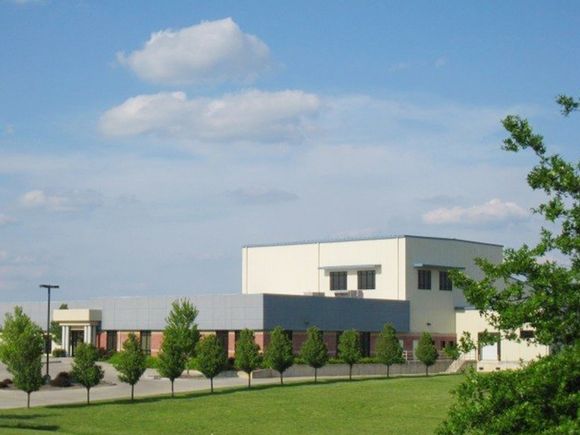
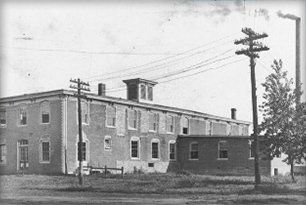
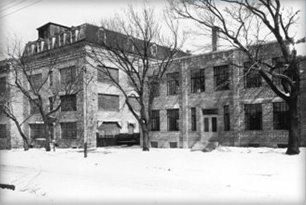
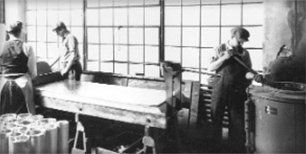
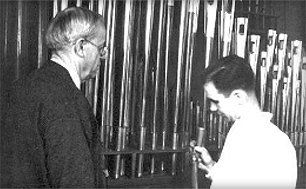
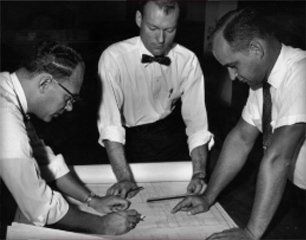
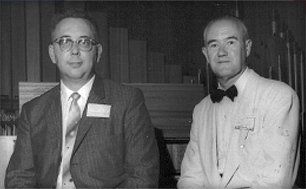
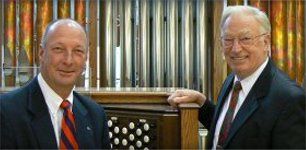
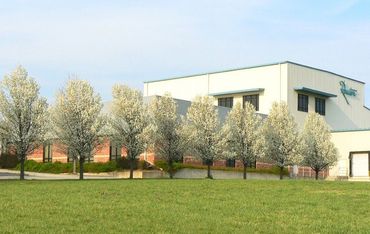
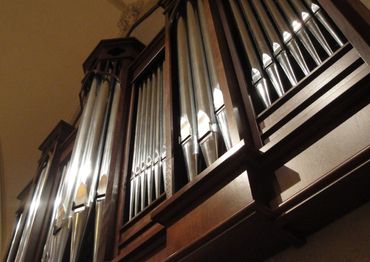
Share On: